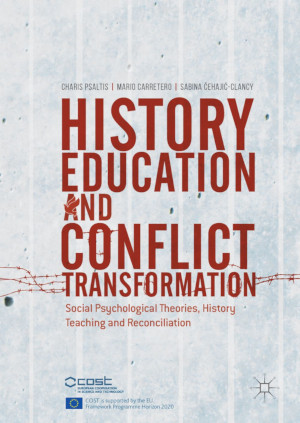
This volume discusses the effects, models and implications of history teaching in relation to conflict transformation and reconciliation from a social-psychological perspective. Bringing together a mix of established and young researchers and academics, from the fields of psychology, education, and history, the book provides an in-depth exploration...
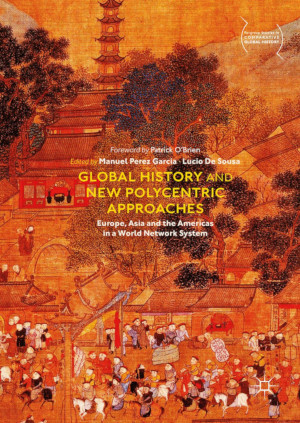
Rethinking the ways global history is envisioned and conceptualized in diverse countries such as China, Japan, Mexico or Spain, this collections considers how global issues are connected with our local and national communities. It examines how the discipline had evolved in various historiographies, from Anglo Saxon to southern European, and its eme...
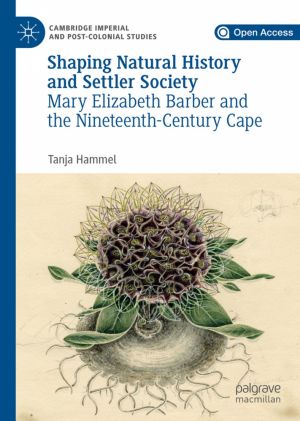
"Hammel successfully illuminates how the production and circulation of Barber's work was deeply affected by contemporary attitudes towards gender and race within the colonial context of the nineteenth-century Cape. This fascinating book is destined to become a landmark in the history of science in South Africa."
—Nigel Penn, Unive...
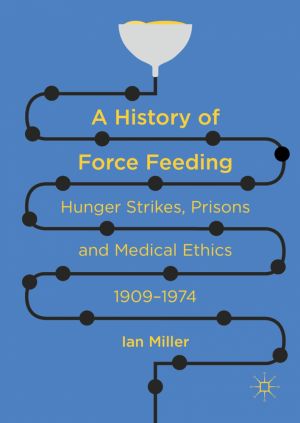
This book is the first monograph-length study of the force-feeding of hunger strikers in English, Irish and Northern Irish prisons. It examines ethical debates that arose throughout the twentieth century when governments authorised the force-feeding of imprisoned suffragettes, Irish republicans and convict prisoners. It also explores the fraught ro...

This book is the first academic study of the post-mortem practice of gibbeting ('hanging in chains'), since the nineteenth century. Gibbeting involved placing the executed body of a malefactor in an iron cage and suspending it from a tall post. A body might remain in the gibbet for many decades, while it gradually fell to pieces. Hanging ...
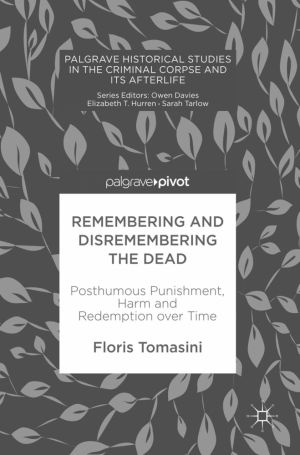
This book is a multidisciplinary work that investigates the notion of posthumous harm over time. The question what is and when is death, affects how we understand the possibility of posthumous harm and redemption. Whilst it is impossible to hurt the dead, it is possible to harm the wishes, beliefs and memories of persons that once lived. In this wa...
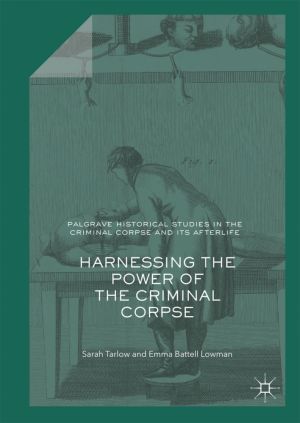
This book is the culmination of many years of research on what happened to the bodies of executed criminals in the past. Focusing on the eighteenth and nineteenth centuries, it looks at the consequences of the 1752 Murder Act. These criminal bodies had a crucial role in the history of medicine, and the history of crime, and great symbolic resonance...

"Dr Cassidy draws pertinent general conclusions about generating policy and mediating the role of the expert in today's science-sceptic and increasingly polarised society... It is both a useful and original contribution, specifically to the history of zoonotic disease policy, and policy history more generally."—Helen Bynum, Author ...
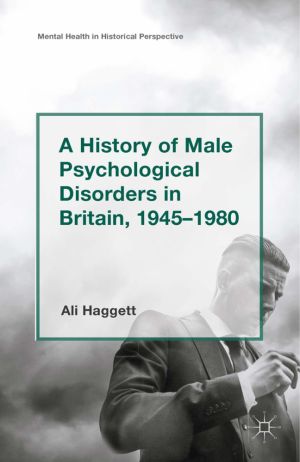
This book explores the under-researched history of male mental illness from the mid-twentieth century. It argues that statistics suggesting women have been more vulnerable to depression and anxiety are misleading since they underplay a host of alternative presentations of 'distress' more common in men....

The narrative of 20th-century medicine is the conquering of acute infectious diseases and the rise in chronic, degenerative diseases. The history of fungal infections does not fit this picture. This book charts the path of fungal infections from the mid 19th century to the dawn of the 21st century....
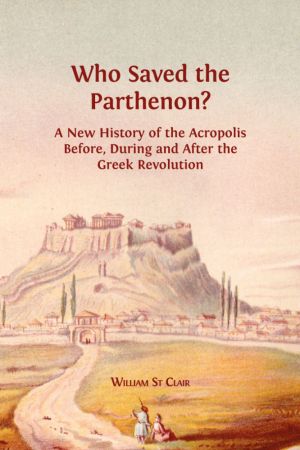
In this magisterial book, William St Clair unfolds the history of the Parthenon throughout the modern era to the present day, with special emphasis on the period before, during, and after the Greek War of Independence of 1821 - 32. Focusing particularly on the question of who saved the Parthenon from destruction during this conflict, with the help ...
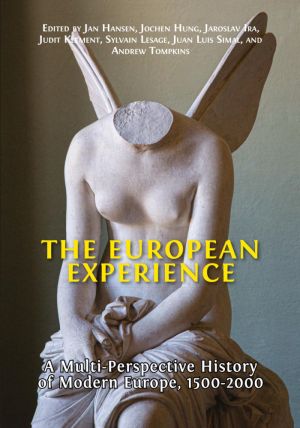
The European Experience brings together the expertise of nearly a hundred historians from eight European universities to internationalise and diversify the study of modern European history, exploring a grand sweep of time from 1500 to 2000. Offering a valuable corrective to the Anglocentric narratives of previous English-language textbooks, scholar...

This book surveys drinking in Britain between the Licensing Act of 1869 and the wartime regulations imposed on alcohol production and consumption after 1914. This was a period marked by the expansion of the drink industry and by increasingly restrictive licensing laws. Politics and commerce co-existed with moral and medical concerns about drunkenne...

This book explores the social history of the anti-vivisection movement in Britain from its nineteenth-century beginnings until the 1960s. It discusses the ethical principles that inspired the movement and the socio-political background that explains its rise and fall. Opposition to vivisection began when medical practitioners complained it was cont...

This book addresses the application of computing to cultural heritage and the discipline of Digital Humanities that formed around it. Digital Humanities research is transforming how the Human record can be transmitted, shaped, understood, questioned and imagined and it has been ongoing for more than 70 years. However, we have no comprehensive histo...

Those convicted of homicide were hanged on the public gallows before being dissected under the Murder Act in Georgian England. Yet, from 1752, whether criminals actually died on the hanging tree or in the dissection room remained a medical mystery in early modern society. Dissecting the Criminal Corpse takes issue with the historical cliché of cor...
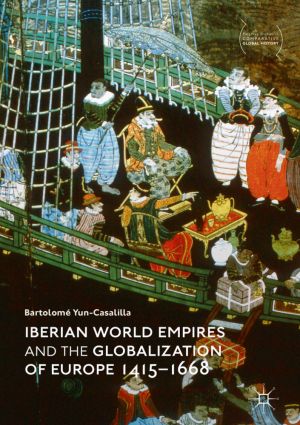
This book analyses Iberian expansion by using knowledge accumulated in recent years to test some of the most important theories regarding Europe's economic development. Adopting a comparative perspective, it considers the impact of early globalization on Iberian and Western European institutions, social development and political economies. In ...

This book is the first comparative study of public, voluntary and private asylums in nineteenth-century Ireland. Examining nine institutions, it explores whether concepts of social class and status and the emergence of a strong middle class informed interactions between gender, religion, identity and insanity. It questions whether medical and lay e...
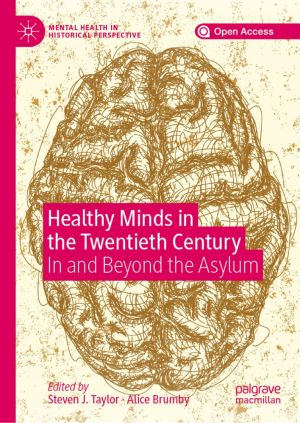
This open access edited collection contributes a new dimension to the study of mental health and psychiatry in the twentieth century. It takes the present literature beyond the 'asylum and after' paradigm to explore the multitude of spaces that have been permeated by concerns about mental well-being and illness. The chapters in this volum...
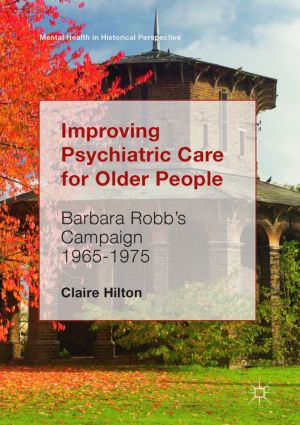
This book tells the story of Barbara Robb and her pressure group, Aid for the Elderly in Government Institutions (AEGIS). In 1965, Barbara visited 73-year-old Amy Gibbs in a dilapidated and overcrowded National Health Service psychiatric hospital back-ward. She was so appalled by the low standards that she set out to make improvements. Barbara'...

This book investigates the pathologisation of homosexuality during the fascist regime in Italy through an analysis of the case of G., a man with "homosexual tendencies" interned in the Collegno mental health hospital in 1928. No systematic study exists on the possibility that Fascism used internment in an asylum as a tool of repression fo...
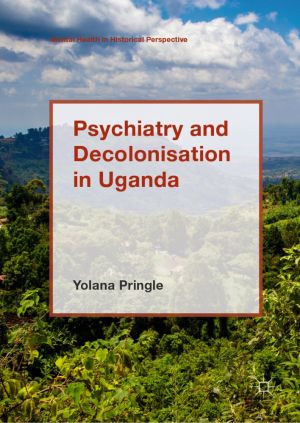
This book investigates psychiatry in Uganda during the years of decolonisation. It examines the challenges facing a new generation of psychiatrists as they took over responsibility for psychiatry at the end of empire, and explores the ways psychiatric practices were tied to shifting political and development priorities, periods of instability, and ...
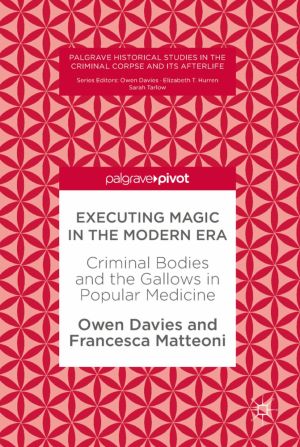
This book explores the magical and medical history of executions from the eighteenth to the early twentieth century by looking at the afterlife potency of criminal corpses, the healing activities of the executioner, and the magic of the gallows site. The use of corpses in medicine and magic has been recorded back into antiquity. The lacerated bodie...
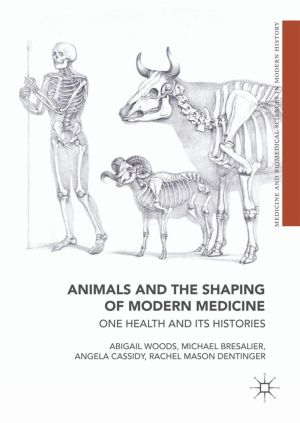
This book breaks new ground by situating animals and their diseases at the very heart of modern medicine. In demonstrating their historical significance as subjects and shapers of medicine, it offers important insights into past animal lives, and reveals that what we think of as 'human' medicine was in fact deeply zoological.Each chapter ...
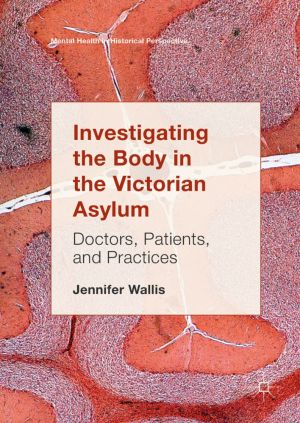
This book explores how the body was investigated in the late nineteenth-century asylum in Britain. As more and more Victorian asylum doctors looked to the bodily fabric to reveal the 'truth' of mental disease, a whole host of techniques and technologies were brought to bear upon the patient's body. These practices encompassed the cli...

Carried by a long-awaited wind, the chlorine cloud passed within a few minutes through the British and French trenches, leaving behind at least 1,000 dead and 4,000 injured. This chemical attack, which amounted to the first use of a weapon of mass destruction, marks a turning point in world history. The preparation as well as the execution of the g...
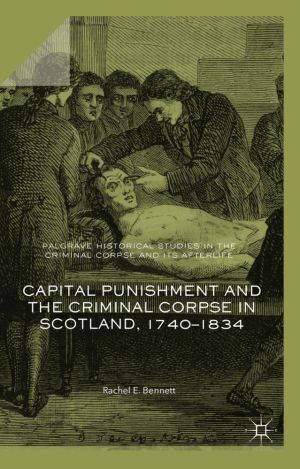
This free book provides the most in-depth study of capital punishment in Scotland between the mid-eighteenth and early nineteenth century to date. Based upon an extensive gathering and analysis of previously untapped resources, it takes the reader on a journey from the courtrooms of Scotland to the theatre of the gallows. It introduces them to seve...
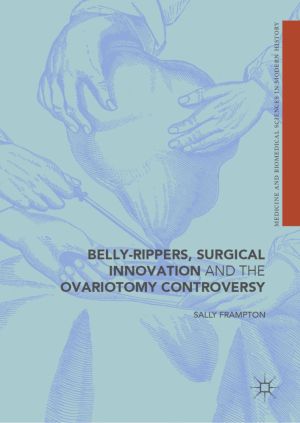
This book looks at the dramatic history of ovariotomy, an operation to remove ovarian tumours first practiced in the early nineteenth century. Bold and daring, surgeons who performed it claimed to be initiating a new era of surgery by opening the abdomen. Ovariotomy soon occupied a complex position within medicine and society, as an operation which...

This book explores how the socially disputed period of the Cold War is remembered in today's history classroom. Applying a diverse set of methodological strategies, the authors map the dividing lines in and between memory cultures across the globe, paying special attention to the impact the crisis-driven age of our present has on images of the...

This book analyses the different types of post-execution punishments and other aggravated execution practices, the reasons why they were advocated, and the decision, enshrined in the Murder Act of 1752, to make two post-execution punishments, dissection and gibbeting, an integral part of sentences for murder. It traces the origins of the Act, and t...
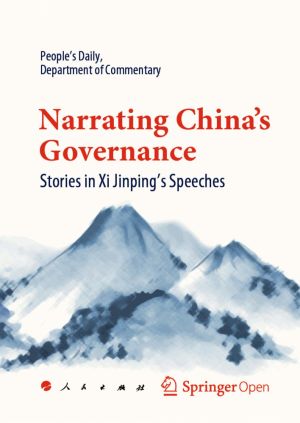
This open access book captures and elaborates on the skill of storytelling as one of the distinct leadership features of Xi Jinping, the General Secretary of the Communist Party of China and the President of the People's Republic of China. It gathers the stories included in Xi's speeches on various occasions, where they conveyed the essen...

This open book investigates the transnationally connected history of Arab Christian communities in Palestine during the British Mandate (1918-1948) through the lens of the birth of cultural diplomacy. Relying predominantly on unpublished sources, it examines the relationship between European cultural agendas and local identity formation processes a...
